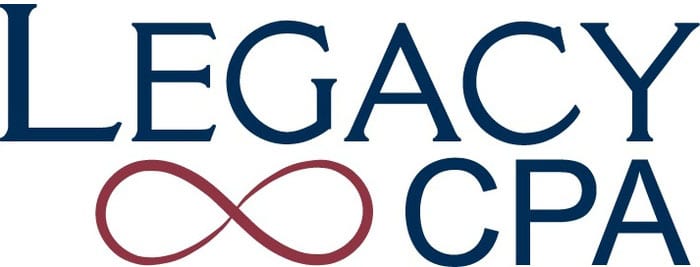June 17, 2020 …
We are the most generous nation in the world when it comes to charity and donations. Americans are the top givers, according to the World Giving Index, and have been for some ten years. Whether local or international, we help strangers who need our help, we donate money to charities and groups, and we volunteer our time with organizations. We are good people!
With taxes around the corner on July 15, let’s revisit some of Uncle Sam’s guidance on charitable contributions: what’s deductible and what isn’t …
But first, a question. When did the deduction for charitable contributions make it into our tax code and why? Think about it … answer below.
Deductible Contributions
- Your charitable contribution will quality if it goes to a tax-exempt organization, as defined by section 501(c)(3) of the Internal Revenue Code. Examples include: religious organizations, nonprofit educational agencies, museums, parks, etc.
- An organization can be nonprofit without 501(c)(3) status, which can make it tricky to ensure your charity of choice counts.
- You can verify an organization’s status with the IRS’ search tool here: Tax Exempt Organization Search.
Not-Deductible Contributions
- Donations you make to individuals are NOT tax deductible.
- A man who sent money to his ill sister treated the payments as charitable write-offs. The IRS nixed the deduction.
- Donations made through fundraising websites earmarked for a single person or small groups are NOT tax deductible.
- This includes contributions on sites such as gofundme.com to assist with a person’s medical costs or help a family who is struggling financially because of the coronavirus pandemic.You may, however, deduct gifts to 501(c)(3) groups that solicit donations on fund-raising sites!
- Donations made to political groups or candidates for public office are NOT tax deductible.
Document Your Contributions
No matter the amount, keep track of your donations. For donations (whether cash or property) worth more than $250, the IRS requires a written letter of acknowledgement from the charity. If you donate more than $5,000 worth of non-cash donations, an appraisal of items is required.
- Keep in mind that donated goods receive only their fair market value.
Volunteering
IRS rules do not let you deduct the value of your time or service, but expenses related to volunteering for a qualified organization can be tax deductible. As example:
- Car expense: You can deduct gas and oil. Mileage is also deductible. Keep track of the miles you drive to charitable events and volunteer opportunities, or mileage you use to bring items to a donation site. (If you don’t want to figure your actual costs, you can deduct 14 cents for each mile). You can deduct parking fees and tolls too.
- You can deduct the cost of buying and cleaning uniforms associated with the volunteer work, as long as the uniform is used only for volunteering for a qualified organization.
Giving During the 2020 Pandemic
To encourage charitable giving during the 2020 calendar year, the Coronavirus Aid, Relief, and Economic Security (CARES) Act has provided a number of temporary tax incentives.
- For those who do not itemize deductions: you are entitled to deduct up to $300 of qualified contributions, which is added to your standard deduction. Qualifying donations must be in cash or cash equivalents.
- For those who itemize deductions, you are generally limited to deducting 60% of your adjusted gross income. For the 2020 calendar year, you are permitted to deduct qualified contributions of up to 100% of your adjusted gross income, less the amount of any of your other charitable contributions (which are still limited to 60% of your adjusted gross income). Any giving beyond the 100% limitation may be carried over and used in the next five years.
If you have any questions about contributions, give us a call. We are here to help!
Team Legacy CPA
(541) 326-0993

